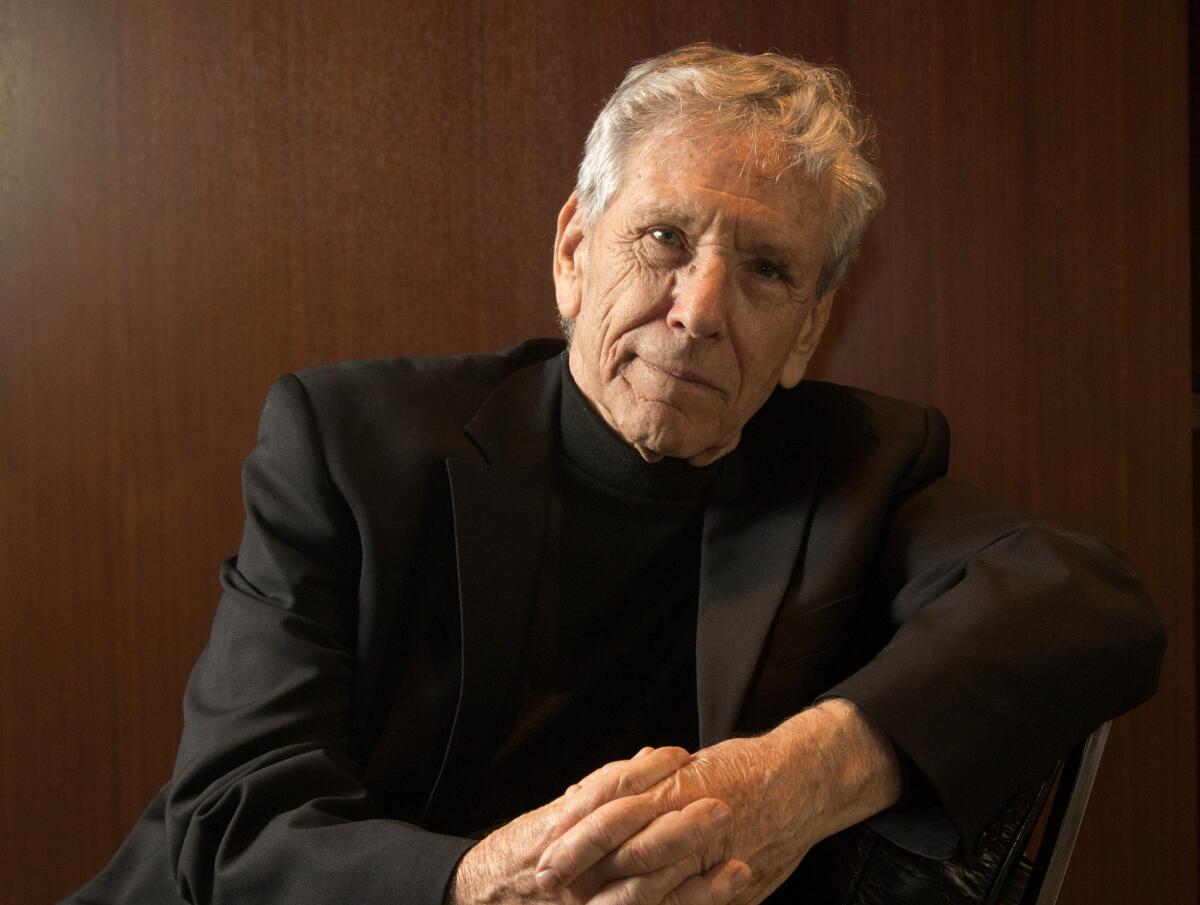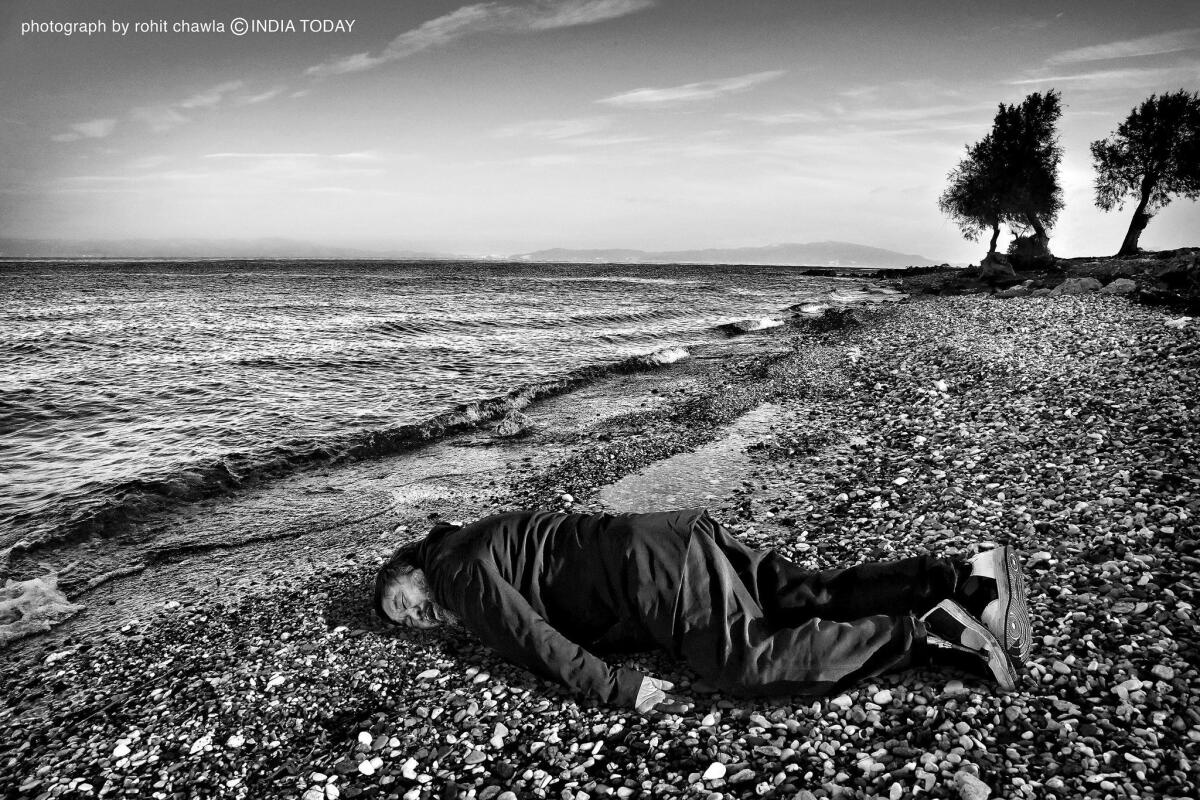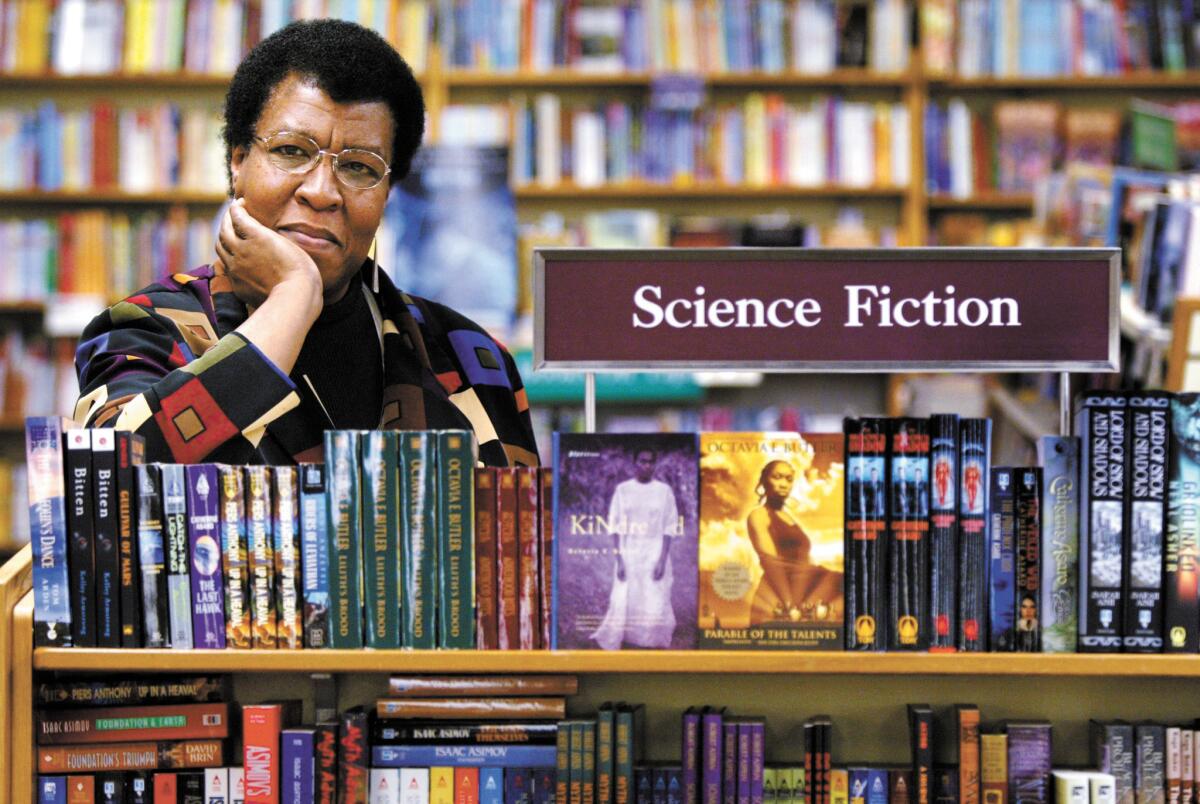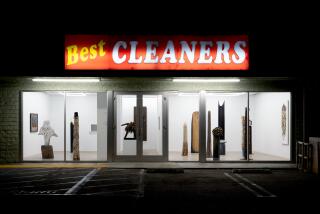Roundup: The passing of a history-making ballerina, Israeli blacklists, a new L.A. arts fund

Novelist and essayist Amos Oz of Israel is one of 117 artists whose names appeared on the blacklist of a right-wing organization there. He was photographed in Los Angeles in May of 2015.
An Israeli artist blacklist. Boston gets a Frida. And Microsoft founder Paul Allen’s possibly short-lived Seattle art space. Also: the passing of an iconic American Indian dancer, a gallery on trial in New York and Ai Weiwei’s tastless new picture. Plus a new L.A. arts fund is seeking ideas for public works. Here’s the Roundup:
— Yvonne Chouteau, an American Indian ballerina who became a principal dancer at the Ballet Russe de Monte Carlo, has died at age 86. Chouteau was one of five Indian dancers out of Oklahoma who would make a name for themselves in international ballet. Hyperallergic looks at their legacy.
— A right-wing Israeli group has published a blacklist of 117 artists with the intent of encouraging the conservative Likud party to pass a bill that would require that only artists and cultural organizations who are “loyal” to the state will receive funding from the government.
— Boston’s Museum of Fine Arts has acquired an extraordinarily rare work by Frida Kahlo.
— A legal case in a New York courtroom is shining a spotlight on the sales of fakes by Knoedler Gallery, a space that was once one of the city’s oldest, most prestigious commercial galleries. ARTnews has more. Juicy reads.
— A survey commissioned by New York City’s Department of Cultural Affairs shows that the city’s cultural institutions are half as diverse as the city’s population.

Paul Allen at a basketball game in 2011. The Microsoft founder’s Seattle art space may soon be closing.
— Microsoft mogul Paul Allen opened a contemporary art space in Seattle in December. And it looks like it will soon be closing, according to a report by Jen Graves in the Stranger.
— The Arts Activation Fund of Los Angeles will award $200,000 in grant money to artists proposing public projects.
— Nikon awards a prize for a badly Photoshopped picture. The Internet responds.
— The Corbis photo archive has been sold to a Chinese company — putting the famous 1989 photo of a man facing down a tank in Tiananmen Square under Chinese control.

An image provided by the India Today news magazine shows Chinese artist Ai Weiwei re-creating the iconic image of a drowned refugee toddler.
— And from the Department of Really Bad Taste in Photography: Ai Weiwei has himself photographed as the drowned Syrian refugee toddler. No words.
— An exhibition at Stanford’s Cantor Art Center tells the story of the Battle of Little Big Horn (a.k.a. Custer’s Last Stand) from the point of view of the Indians — namely through the fine drawings of Red Horse, a Minneconjou Lakota Sioux artist.
— The home of installation artist David Ireland is now open to the public in San Francisco. Critic Charles Desmarais spent the day.
— A report in the Architects’ Journal alleges that London Mayor Boris Johnson circumvented the architectural selection process for the Garden Bridge by trying to drum up money from Apple in the company of architect Thomas Heatherwick — before Heatherwick had been formally selected for the project. The allegations raise questions about whether the selection process may have been rigged. A spokesperson for the mayor said that the meeting had no bearing on Heatherwick’s ultimate selection for the job.
— An uncertain future for the brutalist building designed by Mario Ciampi that once housed the Berkeley Art Museum.
— Kriston Capps of Citylab says it’s time to do away with historic districts. Architecture critic Justin Davidson of New York magazine says not so fast.
— Catherine Wagley has a fascinating story in Atlas Obscura about the history of a shady real estate deal behind architect Rudolf Schindler’s iconic Compton Avenue church.
— Brazilian architect Lina Bo Bardi’s floating art installation from the 1960s is back at the Museu de Arte de São Paulo. Has to be seen to be believed.

Science fiction writer Octavia Butler stands near some of her novels at a bookstore in Seattle in 2004.
— To mark the passing of sci-fi writer Octavia Butler, Clockshop is teaming with a number of other cultural organizations to celebrate her life’s work over the coming year. The Huntington Library, which holds the author’s papers, provides a glimpse of what’s to come — along with some intriguing views of the author’s notebooks.
— Latoya Peterson has an interesting essay on identity, performance and how it all plays out on the social media platform Vine.
— “Going backward is charming only to the exceptionally privileged—those who have tired of modernity and would like to try something else for fun.” Dana Goodyear has a piece that looks at the backlash of backward-looking hipster foods, with references to Mast Brothers chocolate in particular.
— And last but not least, a Tokyo travel ad features a guest appearance by Yayoi Kusama and art by Takashi Murakami. (Weisslink)
Find me on Twitter @cmonstah.
More to Read
The biggest entertainment stories
Get our big stories about Hollywood, film, television, music, arts, culture and more right in your inbox as soon as they publish.
You may occasionally receive promotional content from the Los Angeles Times.







